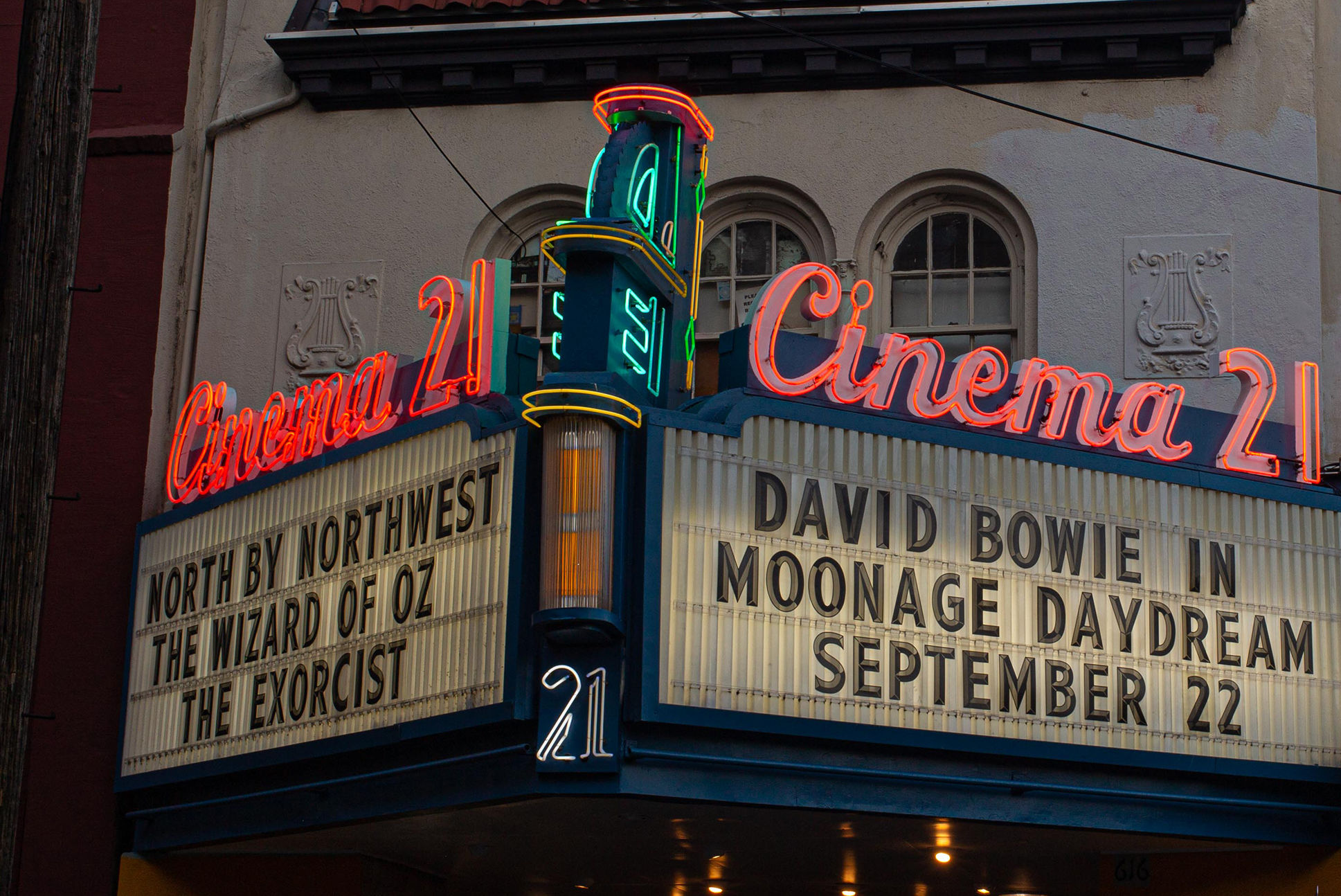A Knee-Jerk Reaction to Taylor Swift’s Midnights

Image: Republic Records
The old Taylor Swift is back. Not the one she killed in the famously cringe-inducing bridge of “Look What You Made Me Do,” but the one who wrote that bridge, and that baffling song, and who chose that baffling song as the lead single from a parent album that elsewhere harbored some of her sharpest writing to date.
Before the one-two respectability punch of Folklore and Evermore, Swift's twin 2020 albums written and produced with The National’s Aaron Dessner, being a Taylor Swift fan meant looking askance at some of the singer/songwriter's more mystifying tastes and preoccupations even as you marveled at her inarguable gifts. Part of the thrill was in consolidating her jagged, embarrassing edges with her often-blindsiding abilities. How does the scribe of something as thrilling as "All Too Well" pen a lyric as thudding as "shade never made anybody less gay" seven years later? How many revenge anthems must we endure about esoteric music biz betrayals before we get a love song as jaw-dropping as "Peace"?
Well, the time has come, once more, to steep in that cognitive dissonance. Midnights, Swift's 10th proper album—announced two months ago and locked tight ever since, not a single note of music dropping before the full LP—hit streaming services last night, and it's tough to imagine the final product fulfilling anyone's expectations. It is not an extension of Folklore's tasteful, grown-up fictions, nor is it a pivot into the sort of dusty ’70s AM radio sound some fans clamored for. Instead, it's a misty, mellow collection of electro-pop that returns, near-obsessively, to the ghosts of Taylors past.
Opener "Lavender Haze" is one part Reputation's "Call It What You Want," two parts Lover's "I Think He Knows," a fizzy Prince-lite cut about a partner's ability to tune out the noise of dating a publicity magnet. Lead single "Anti-Hero" is a winning rethink of 1989's "Blank Space" with the sarcasm bleached out, on which Swift admits she'll "stare directly at the sun / but never in the mirror." (Additional flowers for: "Did you hear my covert narcissism / Might disguise as altruism / Like some kind of congressman?") "Snow on the Beach" updates Swift's latter-career habit of putting at least one slice of Lana Del Rey drag on each album—"Wildest Dreams," "Miss Americana & the Heartbreak Prince," "Cardigan"—by giving Del Rey her own barely-there background vocal feature.
Mostly, the music is pleasant, if not tectonic. Antonoff can feel like he's on bleep-bloop-muted-drum autopilot, even as he lends interesting textures to cuts like the dreamy "Labyrinth." There is a song called "Vigilante Shit," which works better than it should even as it cribs directly from Billie Eilish's "You Should See Me in a Crown," and one called "Karma," which is at once humiliating and actually kind of fun. ("Karma is a cat purring in my lap 'cause it loves me / Flexing like a goddamn acrobat / Me and Karma vibe like that," sings our 32-year-old heroine, so unabashedly that you almost have to give it to her.)
The overall impression, on first listen, is one of surprising smallness. Folklore and Evermore went "small" in a big way, packaging their mutedness as a bold style shift, but Midnights is a reminder that Taylor Swift is just a wordy, funny, regular woman, who gets bored and horny and angry and does not always want to face her adoring public with something all that new to say. To put it mildly, the day-of online reception to Midnights has been divided. In time, I think it will be seen as a post-high dispatch in the key of Madonna's Bedtime Stories or Ariana Grande's Positions, a process document that allows its maker space to reflect without the pressure of making capital-s Statements. Folklore wanted to be David. Midnights is perfectly content with being a cheeky Instagram photo dump.
As if to reinforce that characterization, Swift dropped a "special chaotic surprise" three hours after she released Midnights: a deluxe "3 a.m. Edition" of the album with seven bonus cuts, taking the track count to 20 and pushing the runtime over an hour. Some of them, like "High Infidelity," are wonderful. Others, like "Paris," are not. In a message accompanying the announcement, Swift wrote, "Lately I’ve been loving the feeling of sharing more of our creative process with you." To commit sacrilege and invoke one of Swift's mortal enemies—who has deservedly fallen from public grace several times over by now—it reminded me a bit of watching Kanye West edit The Life of Pablo in real time. In her own tightly controlled way, Midnights can feel like Swift's scrappy push against the perfectionist notion of album-as-product. With songs as good as the gasp-inducing "You're On Your Own, Kid" captured in its sprawl, that's no tragedy, even if it might feel like a level-off from her recent career highs.




